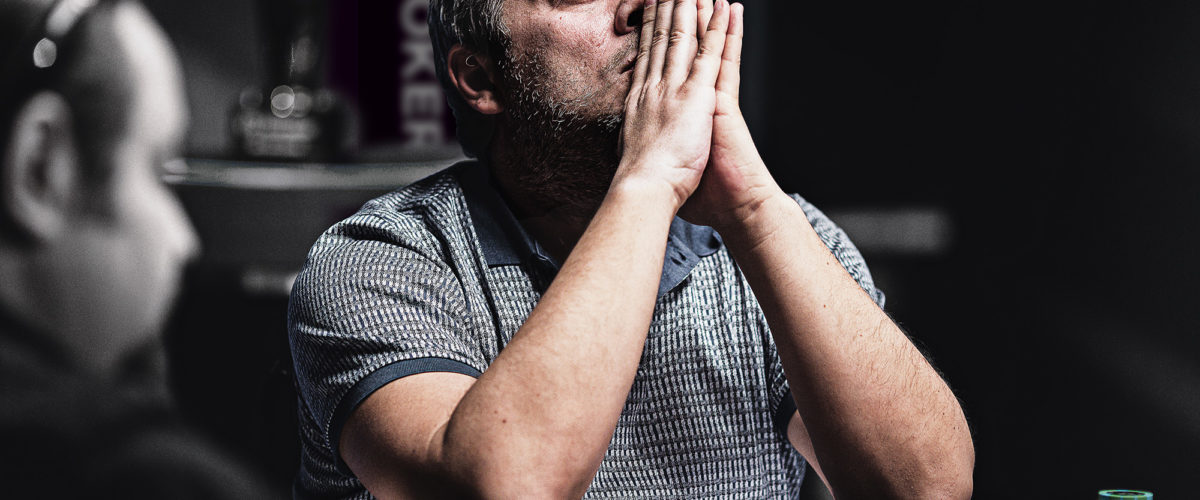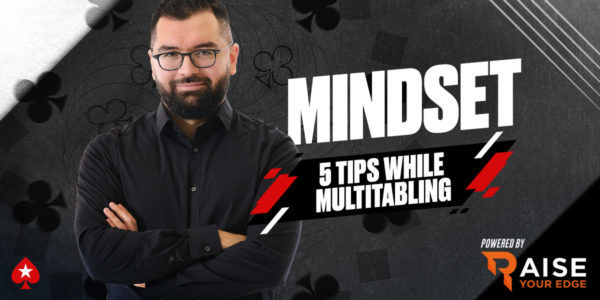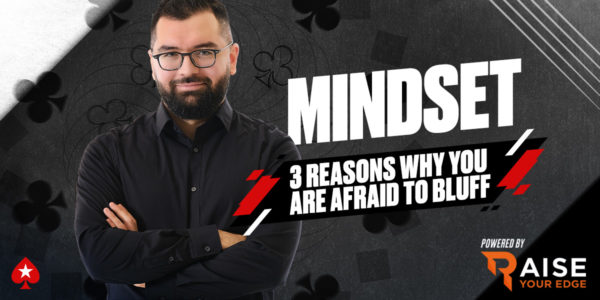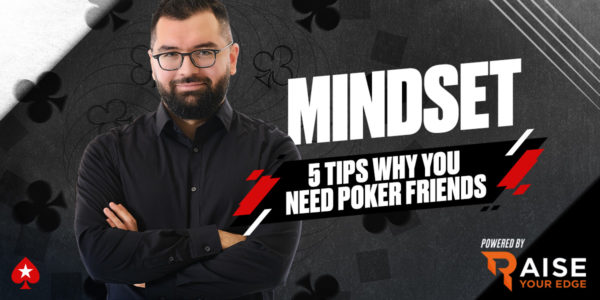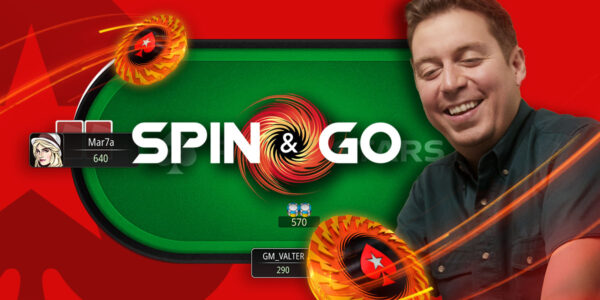3 Common Poker Study Pitfalls to Avoid
As newer and inexperienced players start trying to learn and improve, doing hand analysis is a natural part of that process.
Taking a hand you’ve played and asking for feedback or discussion on the hand helps stimulate the thought process, introduces you to lines or considerations that hadn’t occurred to you, and helps expand your knowledge base through the collaboration. But players often initially gravitate towards asking the wrong questions or focusing on the wrong things, which can stifle the learning process. Let’s focus on pitfalls players tend to fall into.
How could I have won this hand?
This is a common but flawed way to review a hand you played. It sounds something like this: Hero raises with AA, the big blind calls. Hero bets a J high flop and gets called, same thing on the turn, on the river an 8 comes and they lose to the big blind’s J8s. Then comes the question… how should I have played differently to win this hand? Should I just go all in preflop? Bet bigger after the flop? This is the wrong approach however.
For one thing, we won’t win every hand we play, including when we have aces. So that’s a completely unrealistic goal to center our question around. Further, going all in preflop with AA doesn’t solve the problem… obviously our opponent could still call and beat us. But let’s say we try that next time. We’re playing a cash game with 100 big blind stacks, it folds to us on the button, we go all in for 100bb with our AA, and both blinds fold. Does that help your cause? Not really, no. Obviously you won the blinds, but you could have won a lot more. Going all in with AA preflop is always going to be a profitable line regardless of the depth of money, but raising to something less than all in is often going to yield more profit by virtue of the action we get from worse hands.
Understand we are not going to win 100% of those hands, but in the long run we’ll make a big net profit. A better question would be “was my line good to maximize value, or would a different line yield more value potentially, and why?” Which takes us to my next point…
Only reviewing hands we lost
Poker is a funny game in that we can play a hand perfectly, and still lose it. We can also make egregious mistakes in a hand, and still win it. Obviously when we play hands well, we’ll win more than lose in the long run, and visa versa when we are making bad mistakes. As players start through the learning process of self-review, they inherently look for hands they lost to see what they did wrong. A mindset which leads to questions like the above “what could I do differently to win this hand?”
While reviewing hands we lost is a good place to start, it’s important to understand that
- sometimes we didn’t do anything wrong, but still lost the hand, and
- hands we won may contain mistakes or sub-optimal lines that could be improved upon.
If we don’t even consider hands we won in the review process, we limit our learning opportunities. In the example above, where the hero went all in preflop with AA for 100 big blinds and took down the blinds, they’ll be missing a learning opportunity by disregarding this hand for review simply because they won it. Their line was profitable but very sub-optimal.


Reviewing entire sessions or entire MTTs you played can help with this, as you’ll be looking at every hand then. If reviewing from a database for cash games, and you want to review your lines in the biggest pots for example, choose all the biggest pots you played, not just the biggest pots you lost. There could potentially be something new to learn or leaks to uncover from either.
Taking other players’ advice as gospel.
This happens frequently in forums, chat groups, and discords. When you’re a newer player asking about a hand, any advice or thoughts you get may seem helpful… but is it? Not always.
It’s not uncommon to see someone ask about a hand or spot, see a reply that gives advice in some authoritative manner but the advice happens to be quite poor or incorrect, and the new player respond with gratitude and a promise to take this “advice” on board. As you can well imagine, that’s not going to help grow your game, and in fact often hinders the process.
Try to remember these groups should be open discussions, and not everything that everyone else says is good or correct. No matter how authoritative they may present themselves. Question and dialogue, and keep an open mind during the process. If you are going to take on board the advice of another player who is offering it in an authoritative way like they are a poker coach, it would be prudent to do a little checking on their background. Are they actually a coach? Are they even a winning player? What games do they play?
If you’re seeking advice on deep-stacked 10NL Zoom cash game spots, a losing micro stakes MTT player is probably not going to be offering you the best “advice”. That doesn’t mean you shouldn’t dialogue with them… certainly having open discussions with other players, even those who play different varieties of the game and are not winning players themselves can be fruitful in giving you another perspective and perhaps opening you up to a line or consideration you hadn’t thought of. But taking everything you hear as gospel carte blanch is never a good idea.
As a newer or less experienced player striving to improve, there are many pitfalls one might fall into along the way. Trying to ask good questions, focus on relevant topics, keep yourself open to learning from all kinds of spots won or lost, and dialoguing with your poker friends while not taking everything you hear as gospel (particularly from players who don’t even play the format you’re asking about, or aren’t even winning players themselves) will help you to side step some of these obstacles on the path to improving your poker game.


